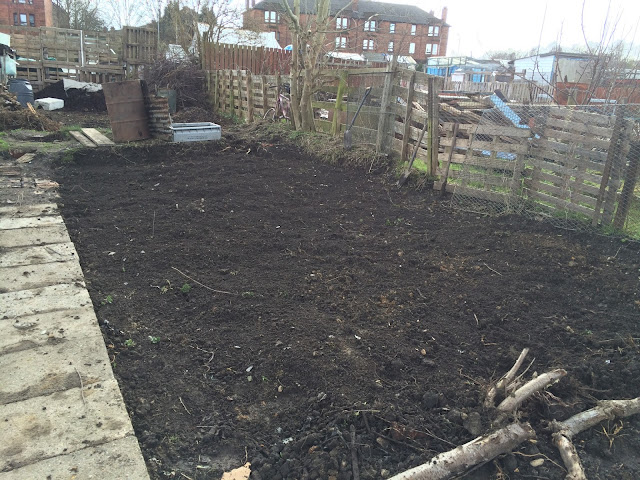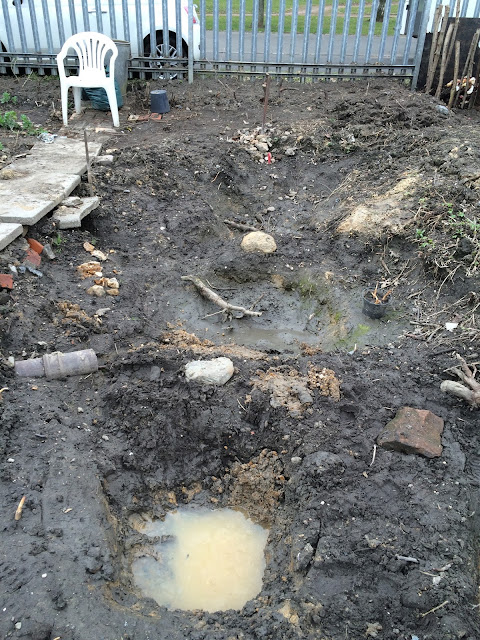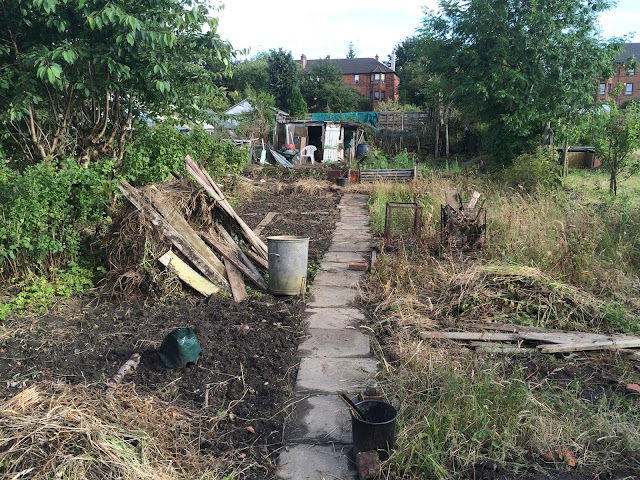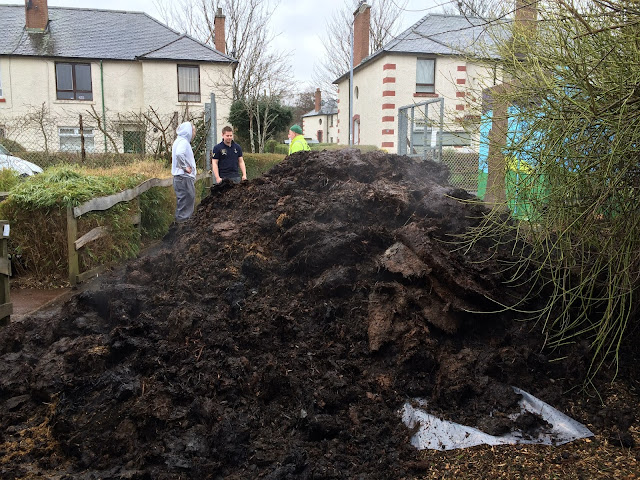The Last Big Bonfire

Arrived early in the gloaming, about 7pm. The wood was arranged any-old-how, just as it has been piled up, that it, not properly as a bonfire. And it's been piled there under the snow and rain since January, some of it, and was sodden. Rotten wood anyway really soaks up moisture, and when I've been dealing with it a lot the last 10 months I've become more and more convinced that the American pejorative verb to suck is not sexual as some suppose but is actually a dead metaphor likening the person or thing that sucks to rotten wood, which literally sucks moisture. But telling someone 'The movie could be compared to an abandoned shed which has not been painted in years and whose timbers have dried out and begun to absorb moisture from the ground and from the rain' would be rather tortuous compared to 'the movie sucked'. So what I'm saying is, the fire took a bit of lighting. I wasted a whole box of firelighters and a litre of white spirit, and it was s









